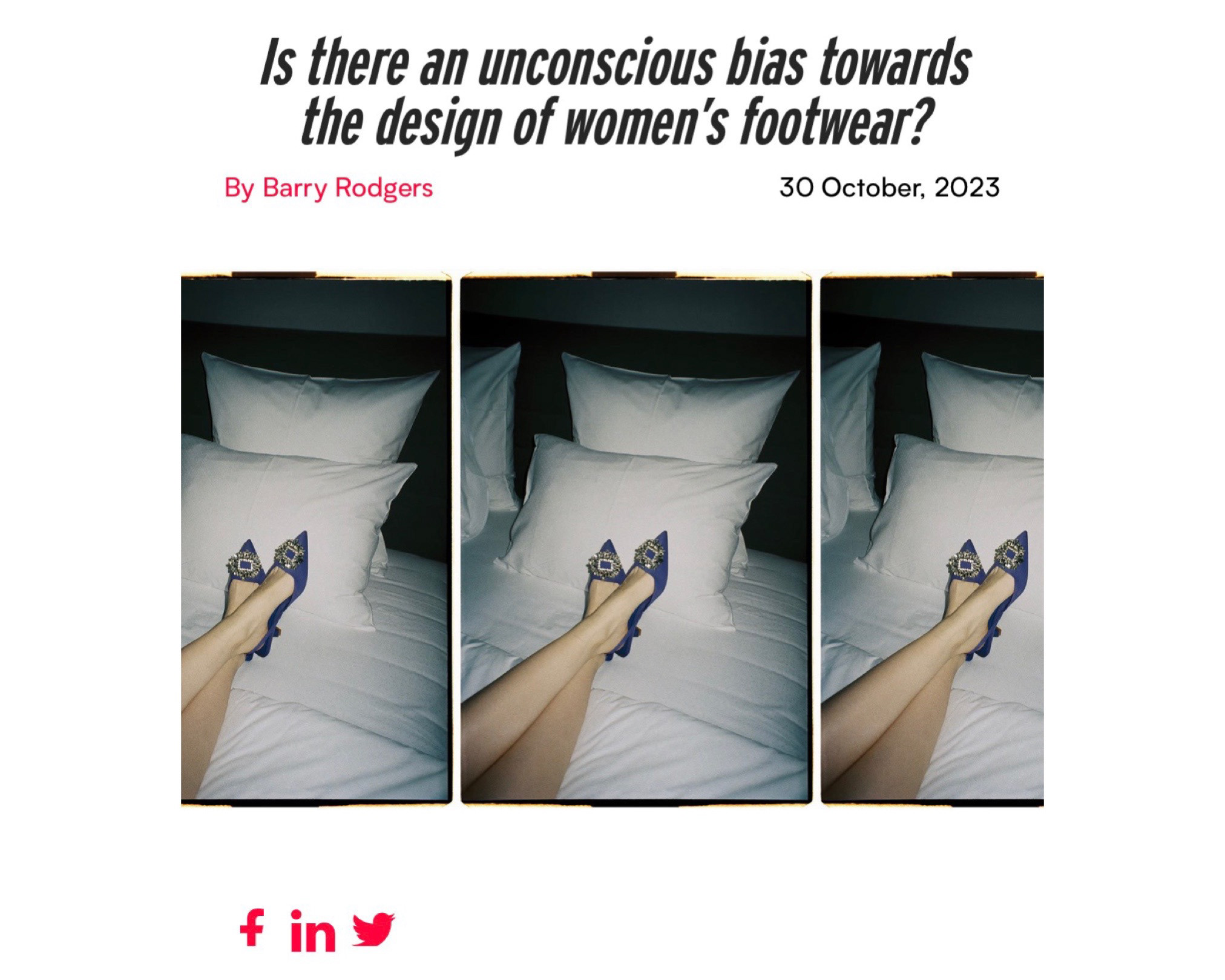Gen Z vs Millennials: Shifting Mindsets in Fashion Consumption
Introduction
Human evolution is marked by the advancement of a generation (the present or newer) over its preceding one in terms of its thinking capacity, analysis, exposure-outreach, and the ability to comprehend the paradigm shift that takes place congruently within all aspects of life constituting our current affairs, at all times.
Every generation has its own style and pattern of thought-process, communication, lifestyle tastes and preferences, priorities, inputs & outputs, owing to its environmental conditioning based on multiple factors like technological advancement, cultural relevance, societal shifts, environmental state, prevailing policies & governance, and most importantly their own childhood conditioning and familial environment.
When it comes to the modern-day fashion business, understanding the present generational demographic cohorts of Gen Y (also known as Millennials) and Gen Z becomes key while determining the current consumption trends among our potential market clientele. These two cohorts, while often grouped together as "young consumers," have surprisingly distinct values, motivations, and fashion purchase behaviours.
Millennials: Brand Loyalty, Experiences, and Value
Millennials, born between 1981 and 1996, came of age during the digital revolution but still carry a hybrid memory of a pre-digital/internet childhood. This makes them value both traditional brand heritage and modern innovation. They prioritize experiential consumption—meaning they often choose fashion that aligns with lifestyle narratives such as travel, wellness, and self-expression.
Brand loyalty among Millennials is relatively strong. Once they trust a brand, they are likely to stick with it, especially if it communicates authenticity, quality, and social responsibility. They are also price-sensitive yet willing to spend on premium or luxury fashion if it offers perceived long-term value or ethical transparency.
Social Media Platforms like Instagram, and Facebook (moderately) played a crucial role in shaping Millennial fashion culture, giving rise to influencer marketing, aesthetic curation, and the “capsule wardrobe” movement. For them, fashion is a medium of personal identity and aspirational belonging.
Gen Z: Value-Driven, Fluid, and Digitally Native
In contrast, Gen Z—born between 1997 and 2012—is the first fully digital-native generation. They are characterized by rapid information processing, microtrend adoption, and hyper-individualism. Their fashion consumption is more dynamic, fluid, and intersectional with issues such as climate change, inclusivity, gender expression, and body positivity.
Gen Z consumers are highly value-conscious, not just in monetary terms but ethically as well. They tend to favour brands that are inclusive, diverse, and transparent in their supply chains. Fast fashion is both criticized and consumed by Gen Z—revealing a duality: they seek affordability and trend freshness but are also vocal critics of overproduction and greenwashing.
They are less loyal to brands and more driven by creators, TikTok trends, and peer communities. The rise of thrift culture, DIY fashion, and digital fashion (AR clothing and avatar wear) also shows their inclination toward experimental and non-linear consumption habits.
Implications for the Fashion Industry
Fashion brands must recalibrate their strategies to cater to these evolving consumer psyches. For Millennials, storytelling remains crucial—highlighting craftsmanship, quality, and purpose. For Gen Z, brands must demonstrate cultural relevance, be willing to adapt fast, and prioritize co-creation and community.
Additionally, the shift toward circular fashion—upcycling, rental, resale—is more widely accepted among Gen Z, presenting an opportunity for innovation in sustainable business models. Augmented reality try-ons, digital fashion drops, and limited-edition creator collabs are other touchpoints shaping Gen Z engagement.
Conclusion
Both Gen Z and Millennials are shaping the future of fashion in real time, but in vastly different ways. Where Millennials value stability and trust, Gen Z thrives on disruption and authenticity. For designers, strategists, and fashion businesses, understanding these generational codes is no longer optional—it is essential for survival and growth in an increasingly conscious and competitive marketplace.
As we move toward a more inclusive, tech-integrated, and ethically driven fashion ecosystem, these generational insights must inform not only product development and marketing but also brand purpose and cultural positioning. Fashion is no longer just about what we wear—it is about why and how we wear it.

